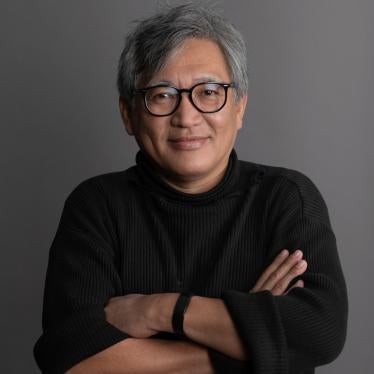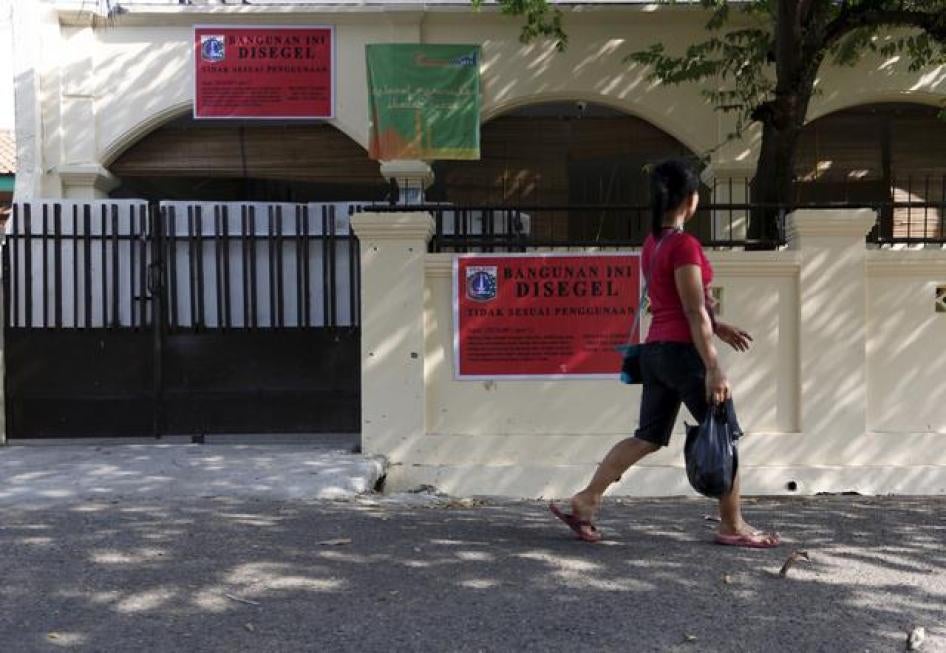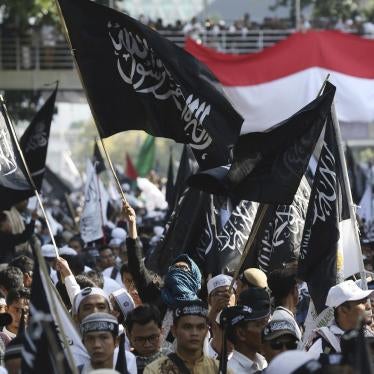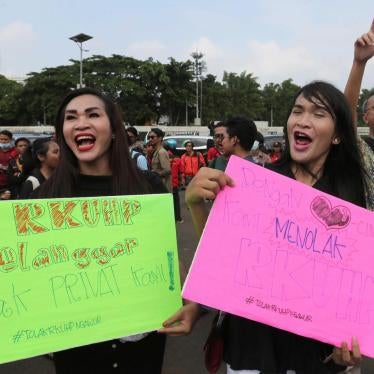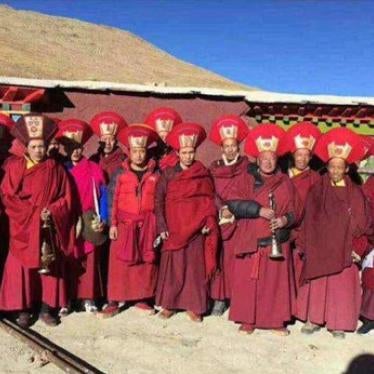In March, 15 Indonesians filed a lawsuit with the Supreme Court arguing that the government’s shuttering of thousands of houses of worship was being done under a discriminatory law and therefore should not be allowed to happen.
The 15 men and women filing the suit said that authorities had closed thousands of houses of worship, mostly Christian churches, under the discriminatory regulation. It also used the law as a pretext to close down Ahmadiyah and Shiite mosques as well as shrines of local ethnic religions. In some Christian-dominated provinces, it was sometimes used as an excuse to close Sunni mosques.
The people filling the case mostly live in Greater Jakarta, with one woman living in Bali.
“We want every citizen to have the freedom to worship, with equal rights, without any exception. We want our voice to be listened to,” said petitioner Nancy Angela Hendriks, arguing that the regulation contradicted Indonesia’s Constitution, which guarantees equality and religious freedom. A prominent Muslim cleric, Nuril Arifin Husein, and some ethnic Batak and Minahasan leaders backed them up, joining the petitioners when registering the lawsuit.
The 2006 regulation essentially permits regional governments to license the construction of houses of worship. It states that the construction or renovation of houses of worship should be based on the “real needs” and “composition of the population” in the area. It is more restrictive than earlier regulations on houses of worship. A permit requires:
-
A list of names and ID cards of at least 90 people who will use the house of worship with the approval of the village head
-
A support letter from at least 60 people living in the area, also with the endorsement of the village head
-
A written recommendation from the local branch of the Religious Affairs Ministry
-
A written recommendation from the local branch of the Interfaith Communication Forum (FKUB)
The problem lies mostly with the FKUB. Governors, regents and mayors decide who will be members of the forum. According to the regulation, the composition of members should be “proportionate” to the percentage of worshippers in each area, creating, the lawsuit says, a body where minority religions are not given an equal voice.
Jakarta, for example, is 85 percent Muslim, meaning that 85 percent of the 21 members should be Muslim clerics. In Bali, 83 percent of the forum members should be Balinese Hindu leaders.
In practice, the regulation lets the majority religious group in each area have veto power over religious minorities. As a result, most minorities in predominantly Sunni Muslim Indonesia have difficulties establishing or renovating their houses of worship. About 88 percent of Indonesia's 260 million people are Muslims.
In 2014, when running for president, Joko “Jokowi” Widodo’s campaign team promised to remove this regulation, saying that it was used mostly to close down religious minorities’ houses of worship. Jokowi, however, never followed through on this pledge. In 2019, when running for reelection, Jokowi picked Muslim cleric Ma’ruf Amin, who drafted the regulation in 2005, to be his vice president.
The veto power has empowered Muslim extremists to take the law into their own hands, pressuring local governments to close down houses of worship of minority religions. It’s not clear how many churches were closed down as the Religious Affairs Ministry does not publish data on this. BBC Indonesia estimated “hundreds” were closed in a decade. Tirto.id media outlet listed 32 churches that were closed under Jokowi’s first five years in office.
Human Rights Watch documented how former president Susilo Bambang Yudhoyono, who ruled from 2004-2014, created discriminatory regulations, including this one, which facilitated religious intolerance and related violence. Under Yudhoyono, more churches closed down than under any other president.
Still, some Christian churches managed to secure permits initially, but Muslim extremists later demanded their closure. Local authorities ordered two churches, GKI Yasmin in Bogor and HKBP Filadelfia in Bekasi, outside Jakarta, to close in 2008 and 2011 respectively. These two churches sued the local governments that sanctioned the closures and won their cases in the Supreme Court. But local authorities have not respected the Supreme Court ruling and both churches remain closed – tall grass grows over their compounds.
Many Muslim communities in Muslim-majority areas built mosques over the last decade easily, sometimes without permits, arguing that they could easily obtain the permits due to their majority status.
In 2010, the Religious Affairs Ministry listed 243,199 mosques throughout Indonesia, around 78 percent of all houses of worship. Now, an ongoing government census, using drones and photographs, has registered at least 554,152 mosques. The census – which kicked off in 2013 – is only about 75 percent done, said team leader Fakhry Affan. The figure suggests that the number of mosques has more than doubled in a decade.
Human Rights Watch has repeatedly expressed concerns that harassment and violence against religious minorities in Indonesia is facilitated by laws that purport to maintain “religious harmony” but in practice undermine religious freedom. The 1945 Constitution explicitly guarantees freedom of religion, as does the International Covenant on Civil and Political Rights, to which Indonesia is a party.
It’s now Indonesian citizens themselves looking for justice. The Supreme Court will hear this lawsuit, but it is important for the government to also consider the impact of the houses of worship decree. The government should seek to amend or revoke regulations that discriminate against religious minorities, including the 2006 regulation, the 1965 Blasphemy Law and multiple regulations that have followed on from the Blasphemy Law. President Jokowi should have the courage to respect what the Supreme Court had ordered, at a minimum reopening the GKI Yasmin and HKBP Filadelfia churches in a bid to respect the law of the land.
